The Atlantic Ocean cools at an unprecedented rate. This phenomenon baffles scientists worldwide.
The cooling ends a 15-month streak of record-high ocean temperatures. Could this be nature’s way of self-correcting?
Atlantic Niña: A New Climate Player Emerges?
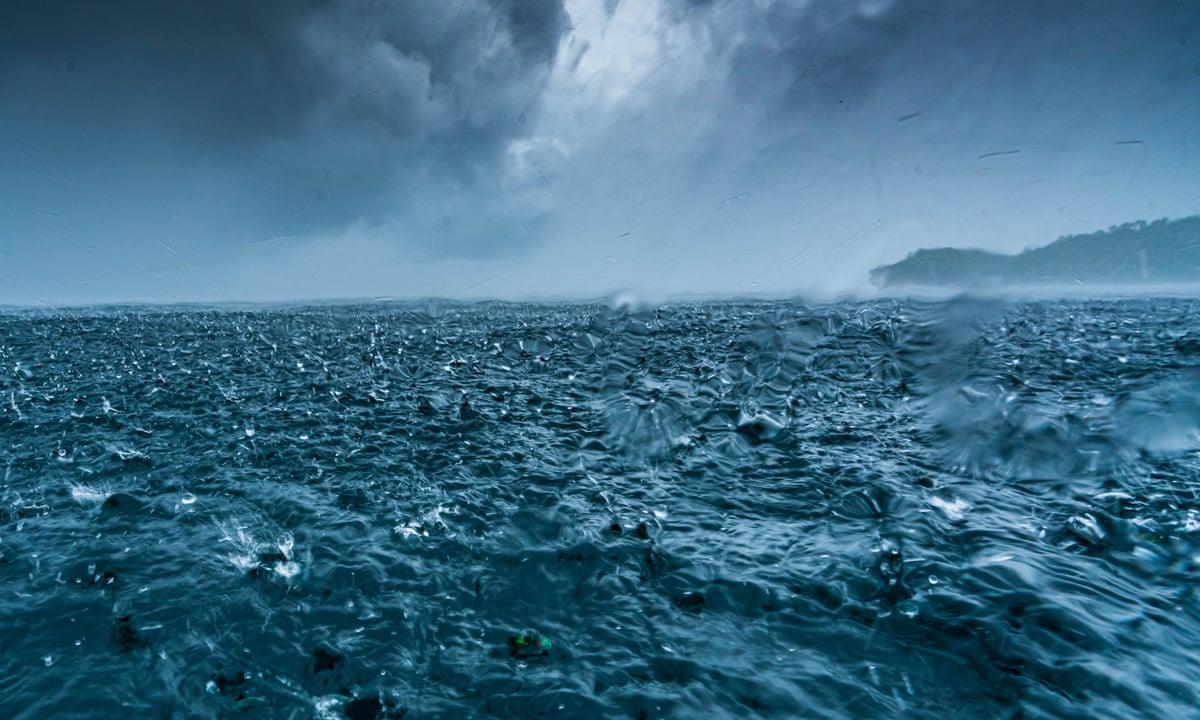
Scientists observe the rapid formation of an “Atlantic Niña”. This pattern arrives earlier than anticipated.
It precedes the expected La Niña in the Pacific Ocean. Will this double cooling event reshape global weather patterns?
Global Sea Temperatures: A Rollercoaster Ride?
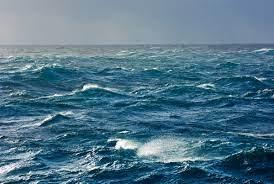
Ocean temperatures hit record highs for over a year. The Atlantic Meridional Overturning Circulation (AMOC) neared collapse.
Now, a sudden cooling trend emerges. Are we witnessing climate change in real-time?
La Niña’s Return: Double Trouble Brewing?
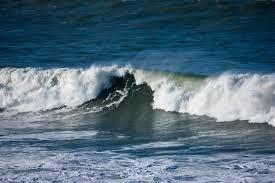
La Niña is set to develop between September and November. It follows the fading of El Niño in May.
Two simultaneous cooling events rarely occur. How will this climatic duo impact global weather?
Scientific Scramble: Experts Seek Answers?
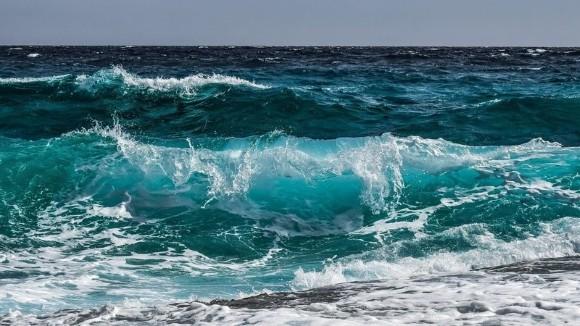
The rapid cooling rate catches scientists off guard. Researchers struggle to explain the phenomenon.
This event challenges existing climate models. Could this lead to a breakthrough in climate science?
Weather Effects: What’s in Store for Us?
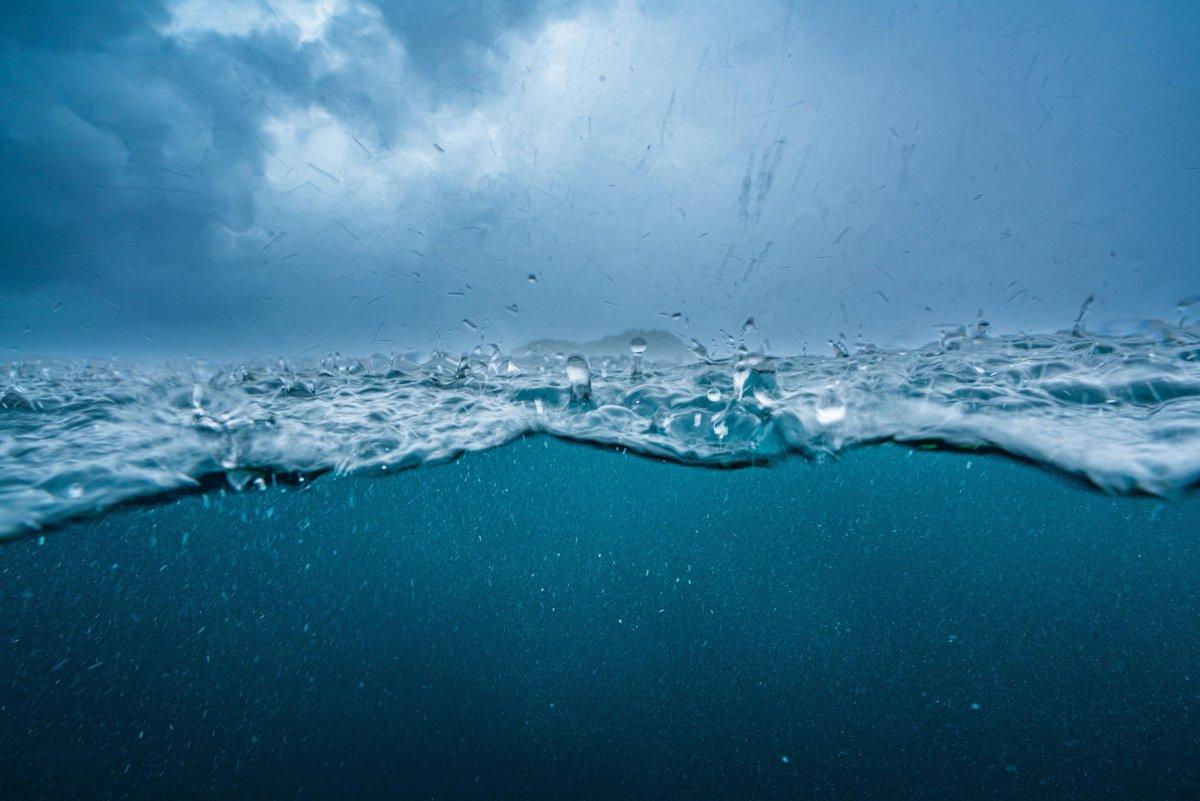
The cooling Atlantic may trigger various weather changes. It could affect rainfall patterns and storm systems.
Coastal regions might experience shifts in marine life. Are we prepared for potential climate curveballs?
Oceanic Tug of War: Atlantic vs. Pacific?
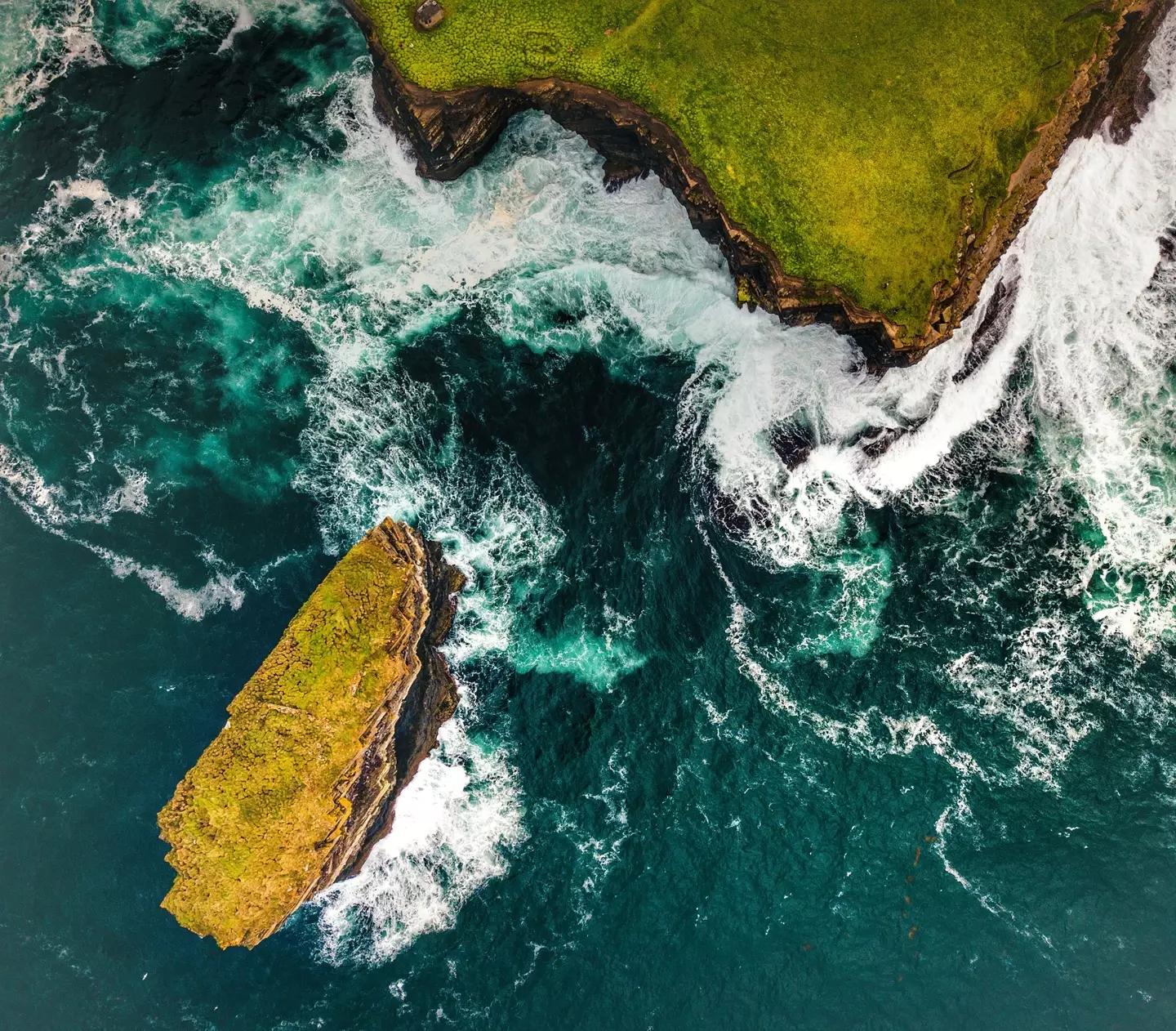
Both major oceans enter cooling phases simultaneously. This rare occurrence creates a climatic “tug of war”.
The interaction between these cooling trends remains unpredictable. Which ocean will dominate the global climate stage?
Climate Unpredictability: New Normal or Anomaly?
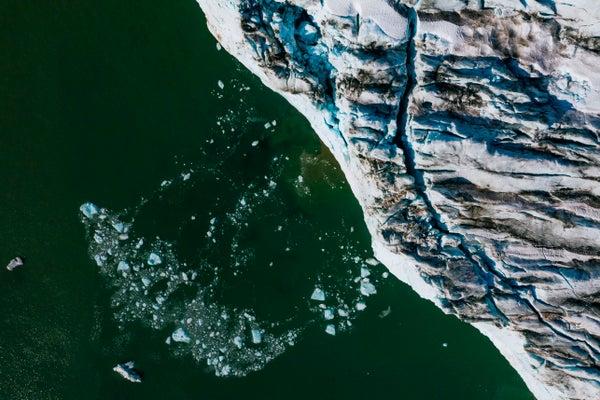
The unexpected cooling defies recent climate trends. It highlights the complexity of Earth’s climate systems.
Scientists reevaluate their predictive models. Are we entering an era of increased climate volatility?
Marine Ecosystem Impact: What Lies Beneath?
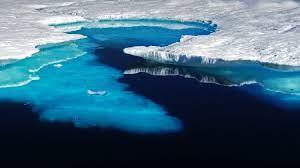
Plankton populations might shift, affecting the food chain. How will this impact global fisheries and ocean biodiversity?
Rapid temperature changes affect marine life. Cooler waters could alter fish migration patterns.
Future Forecasts: Can We Predict the Unpredictable?
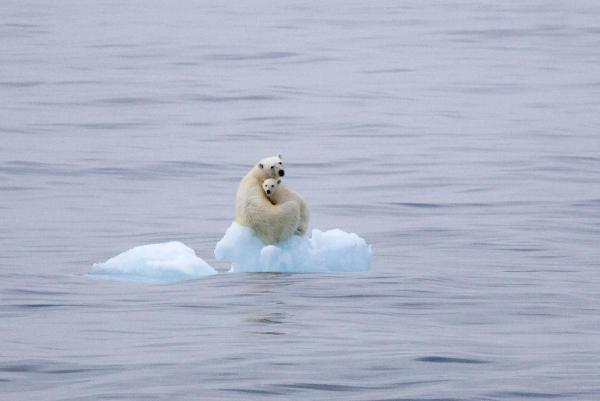
Climate scientists face a new challenge in forecasting. Traditional models struggle with these unexpected changes.
Advanced technologies may be needed for accurate predictions. Will this event revolutionize climate science?

